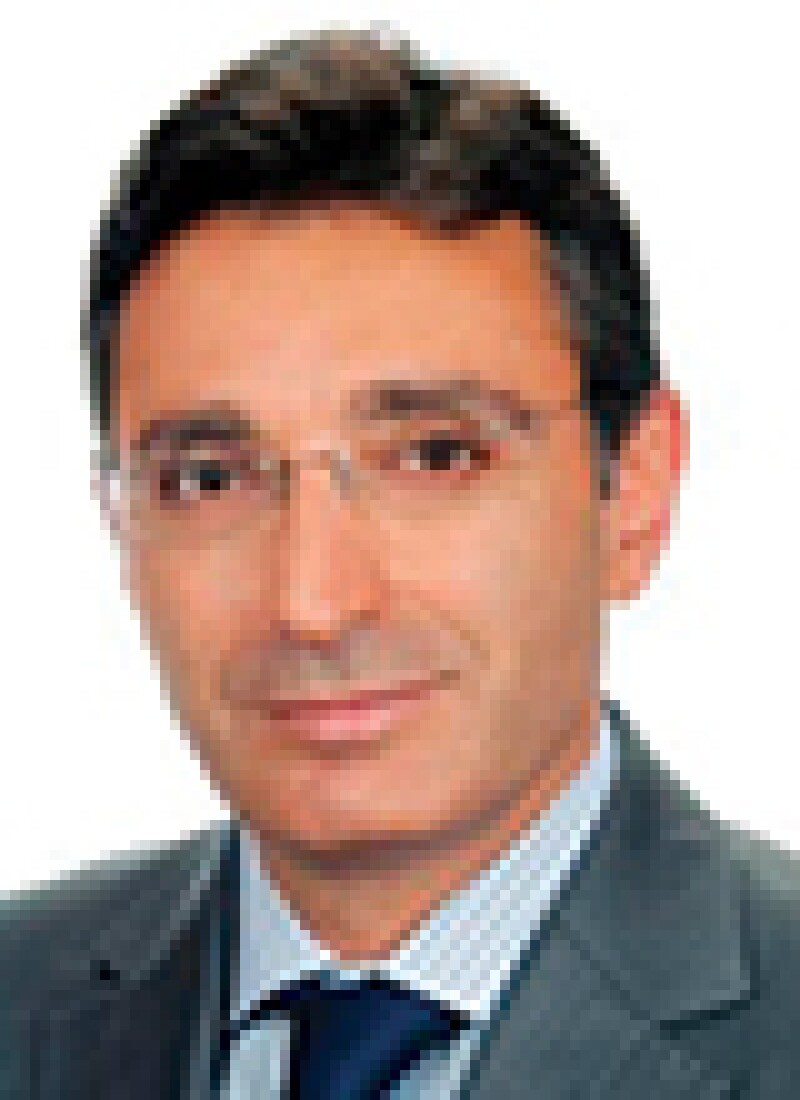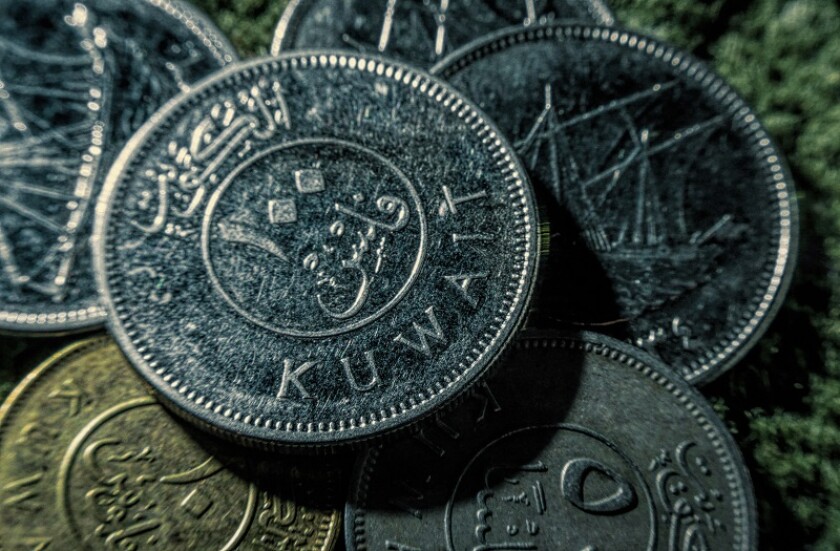Standard & Poor's (S&P) recently affirmed Kuwait's long and short-term foreign and local currency sovereign credit ratings of AA/A-1+ stable. According to S&P, the stable outlook reflects the expectation that Kuwait's public and external balance sheets will remain strong over the next two years, backed by a significant stock of financial assets. S&P's rating is supported by data published by the Central Bank of Kuwait (CBK) with respect to Kuwait's balance of payments, which show a surplus of over KD1 billion (approximately $3.3 billion), an increase of over KD500 million from the previous year. In addition, the CBK has noted that following the tenth anniversary of the financial crisis, Kuwait's banks have reached a historical low of 2.2% of non-performing loans.
Over the last 12 months, there has been increased activity in Kuwait in relation to local bank participation in syndicated facilities, the implementation of Kuwait's privatisation plan, the public-private partnership (PPP) sector and the CBK's approach in relation to financial technology (fintech).
Local banks boost profile on syndicated financings
In an attempt to manage credit risk, there has been significant participation by local banks in local syndicated facilities. Notable facilities include the $800 million facility to the Zain Group in which National Bank of Kuwait participated; the $847 million facility to the Limak Insaat Group for the expansion of the Kuwait International Airport, in which National Bank of Kuwait and Kuwait Finance House participated; and the KD140 million syndicated facility to Kuwait Oil Tanker Company (KOTC) from Warba Bank KSCP, Kuwait International Bank KSC and Ahli United Bank KSCP in support of KOTC's program to renew its fleet by purchasing eight new oil tankers.
Privatisation programme takes hold
Kuwait has embarked on the privatisation of some of its state assets. Kuwait established the Supreme Council for Privatisation under the Kuwait Privatisation Law in 2010 to increase the role of the private sector in Kuwait's national economy. The council is chaired by the prime minister and consists of five ministers and three experts from different sectors.
Notable is the sale of up to 26% to 44% of the Capital Market Authority's shares in the state's stock exchange, the Boursa Kuwait. The privatisation of Boursa Kuwait is currently at bid stage. The state assets' privatisation plan covers the communications, electricity, post and public services sectors.
New PPPs successfully awarded
Over the past few years, Kuwait has had multiple PPPs in the pipeline, with several of these pipeline projects stalling at bid stage. On a positive note, Kuwait has in recent months awarded two major infrastructure projects, a waste treatment plant and a sewerage plant, to successful investors. For each of these PPPs, international and local banks are providing the bulk of the financing. If successfully closed, the projects will be the first two to be awarded and financed pursuant to PPP Law No. 116 of 2014.
CBK opens up on fintech
The biggest challenge for the CBK over the last year appears to be finding a delicate balance between embracing fintech and compromising its responsibility for the safety and stability of Kuwait's regulatory environment. In a recent address on "Financial Challenges and Financing Opportunities" at a Euromoney conference held in Kuwait in the last quarter of 2017, Dr Mohammad Y Al-Hashel, the Governor of the Central Bank of Kuwait, acknowledged the emergence of fintech as a growing risk in banking regulation. The Governor informed the conference that the approach to fintech in Kuwait by the regulator is a "regulatory sandbox" in which innovation can be both enabling and proportionate. The background to the CBK's approach is that mobile network operators and digital IDs are enabling payments, savings, credit and insurance products. In this regard, fintech has enabled the provision of formal financial services to the millions of otherwise unbanked customers.
Sovereign bonds: a thirst for more
Following the successful $8 billion sovereign bond issue by Kuwait in 2017, which attracted approximately $20 billion in investor bids, Kuwait is currently considering another sale of dollar-denominated bonds. Reports indicate that the National Assembly's finance and economic committee in recent months approved a draft law to increase Kuwait's debt ceiling to $83 billion. This proposal is, to our knowledge, yet to be approved by the National Assembly.
About the author |
||

|
|
Ibrahim Sattout Partner, ASAR – Al Ruwayeh & Partners Kuwait Ibrahim Sattout is a partner at ASAR – Al Ruwayeh & Partners. He has over 23 years of experience, 16 years of which have been spent in Kuwait. Ibrahim's experience includes banking and finance, public private partnerships (PPP), government projects, commercial and corporate, acquisition transactions, capital markets and arbitration. He has been extensively involved as lead and co-counsel for the Kuwaiti government, local and foreign investors and lenders on the major BOT and PPP projects undertaken in Kuwait in addition to acquisition transactions, debt and equity arrangements and financing transactions. Ibrahim led the ASAR team that advised the Partnerships Technical Bureau (PTB) and the Ministry of Electricity and Water (MEW) in respect to the structuring and procurement of the Az Zour North IWPP Phase 1. He is currently leading ASAR's team advising the Kuwait Authority for Partnership Projects and the MEW as part of the transaction advisor, on all local legal aspects of the Az Zour North IWPP Phase 2 and the Al Khairan IWPP Phase 1. Ibrahim is also currently acting for the lenders, international bidders and private investors in respect to certain government projects in Kuwait including: Umm Al Hayman WWTP; the Municipal Solid Waste Treatment Facility – Kabd; and the Al Abdaliya ISCC Project. He is also leading the ASAR team advising the lenders, international financial institutions and export credit agencies in relation to KWD/US$ multi-billion financing of Kuwait National Petroleum Company KSC (KNPC) clean fuel project. Ibrahim is fluent in English, Arabic and French. |
About the author |
||

|
|
Brenda Ntambirweki Associate, ASAR – Al Ruwayeh & Partners Kuwait Brenda Ntambirweki is an associate with ASAR – Al Ruwayeh & Partners and has over 10 years' experience in banking, finance, commercial, corporate and business acquisition transactions, as well as restructuring and insolvency. Brenda has been involved in and has assisted on several financial projects, corporate, banking and M&A transactions ranging from typical to highly complex transactions. Her recent non-exhaustive experience includes advising various foreign banking institutions on their funding transactions to Kuwaiti counterparties, including transactions involving various forms of security; representing both local and international clients in the processes involved with corporate acquisitions, private equity investments and corporate restructuring; advising several foreign clients (including multinational corporations, private equity funds, leveraged funds and investment banks) on structuring corporate vehicles for carrying on business in Kuwait and for undertaking acquisition transactions in Kuwait; and advising local and international clients (including multinational corporations, listed companies, private equity funds, leveraged funds and investment banks) with regard to joint-venture agreements and shareholder agreements, including drafting and negotiating terms. |

